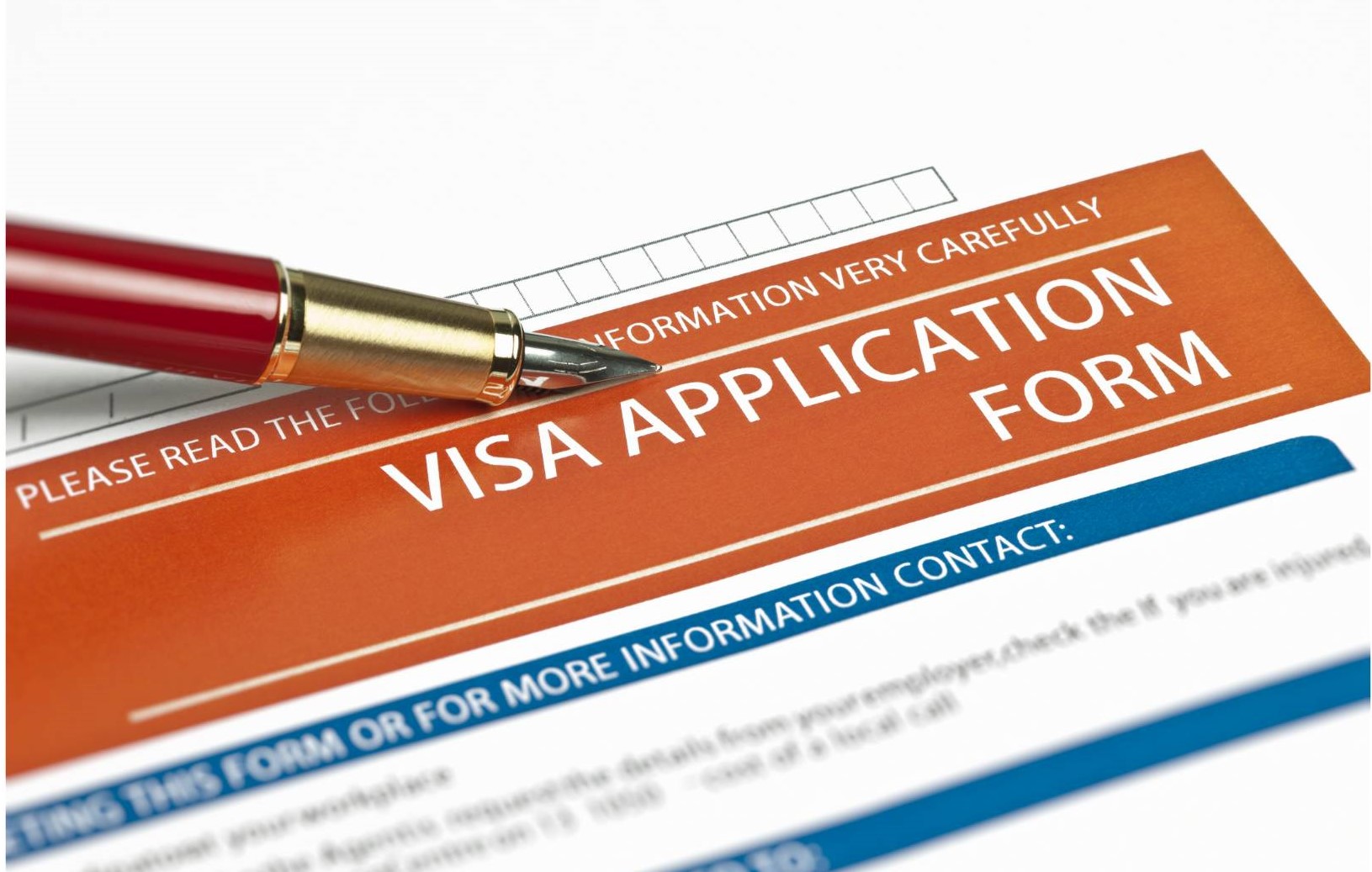


The Greek government first introduced the Greek Digital Nomad Visa in the summer of 2021, allowing remote workers and internet business owners to reside and work in Greece for up to 24 months.
A rise in remote work has occurred recently, made possible mostly by advancements in communications technology. Innovation in this manner was also required during the COVID-19 lockdowns because many workers were unable to attend physical workspaces for a long time.
Any non-EU citizen who satisfies the requirements may apply for a Greek Digital Nomad Visa. EU nationals are eligible to work in other member nations of the European Union and do not need a visa in order to do so.
On condition that they satisfy the following eligibility requirements, any non-EU country national who is self-employed or holds a remote job may apply for the Greece Digital Nomad visa and begin living in Greece:
You must provide evidence that you make 3,500 EUR net per month after taxes as the primary applicant for the Greece Digital Nomad Visa. You will need to budget extra money if you intend to extend your residency permit to your immediate family, including your spouse or child. The standard is an additional 20% for your spouse or partner and 15% for any children who are dependents.

The procedure for applying for a Greece Digital Nomad Visa is simple and depends on where you are presently based. You can submit your request to the Greek Ministry of Migration and Asylum if you're in Greece. The detailed application process may contain the following steps:
You must have all the necessary documentation for both the Greece Type D Visa and the Greece Digital Nomad Visa before presenting your application to the appropriate Greek authorities.
You ought to schedule a meeting at the Greek embassy in your nation. Obtain a visa by submitting a fully completed application to the embassy and paying the processing fee.
The Greek authorities will review and evaluate your application within a month of receiving all of your supporting documentation. Typically, ten days after you submit your application, the Greek Ministry of Migration and Asylum issues the Digital Nomad Visa. Once you have your visa, you can depart for Greece and settle down.
Many tourists visit Greece each year because of the country's reputation for its people, culture, and cuisine. Living in Greece has several advantages, including,

You won't be regarded as a tax resident if you remain in Greece for less than six months or 183 days in a calendar year. You will be considered a tax resident if you stay in Greece for more than 183 days during a single calendar year.
The best part of getting a Digital Nomad Visa is that it makes you immediately eligible for a 50% tax rate reduction in Greece. Therefore, regardless of the length of your stay, you will receive a 50% tax exemption while residing in Greece as a digital nomad.
Greek Digital Nomad Visa, introduced in 2021, is a travel authorisation certificate that permits non-EU and non-EEA nationals who operate remotely to apply for residency in Greece for up to a year. They also have the option to bring their immediate family members. However, it should be mentioned that the applicants are not allowed work in Greece while using a Digital Nomad Visa.
In addition to demonstrating remote employment, you must also have a monthly salary of at least 3,500 EUR. If you want to bring your spouse or one dependent, you must make at least 4,200 EUR per month for a dependent child and 4,725 EUR for a spouse.
To qualify for a Digital Nomad Visa,